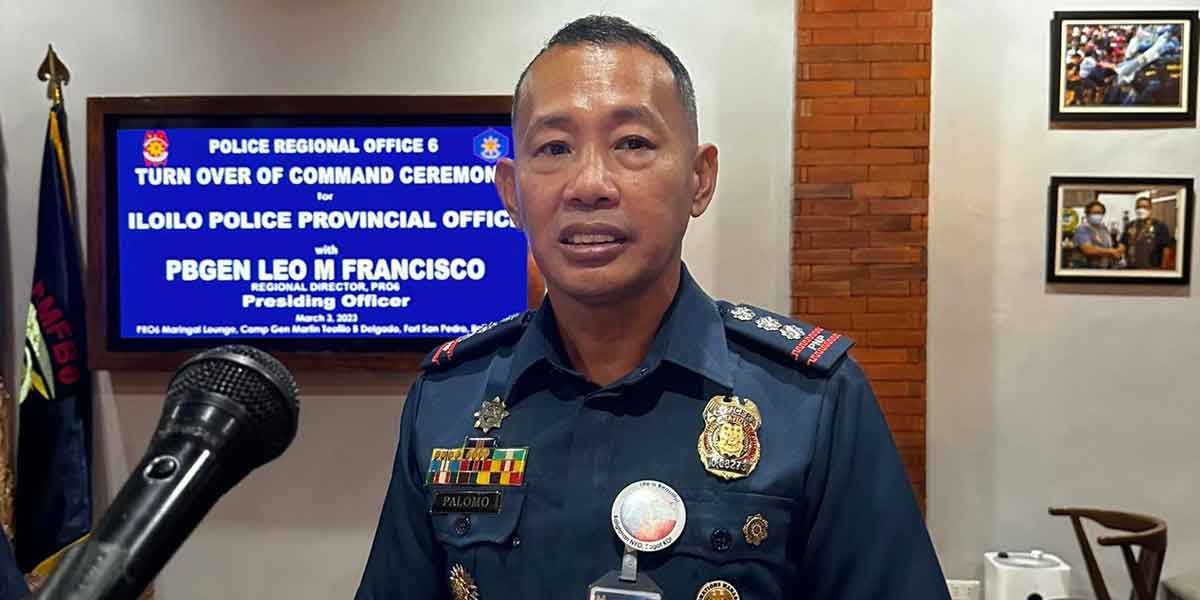 By: Modesto P. Sa-onoy
By: Modesto P. Sa-onoy
THE Philippine Charity Sweepstake Office is under fire and investigation when President Rodrigo Duterte ordered the dismissal and prosecution of its corrupt officials and employees and the closure of thousands of gambling betting stations in the country. This large number of outlets, reportedly 30,000, means there are over half a million bet collectors and employees who are affected by this sudden move of President Duterte. We have never realized the extent of authorized gambling in this country as well as the billions of pesos collected and given out as winnings.
The report says that the PCSO helps 1,800 patients undergoing dialysis in Negros alone with hundreds more suffering from other desperate ailments. PCSO earns billions of pesos each month, some of which are allocated to various charitable and government social services programs.
The closure of the bet stations alarmed the beneficiaries, but the government assures that the PCSO and other government agencies, like gambling casinos, have funds to provide for the needs of those who flock to the agency for assistance.
Among the beneficiaries of gambling money are the local governments who take a share. Their shares amount to millions of pesos, but this money can only be spent for specific purposes.
The Philippine Star, in its issue of July 27 reported that the Commission on Audit discovered that local government units are misusing their share of gambling funds by diverting the money to expenses not allowed by the rules. This money comes from the Philippine Amusement and Gaming Corporation or PAGCOR and not from the betting station of lotto and Small Time Lottery that proliferates in the country.
The PAGCOR charter shares its income with its host city and province. The share is given to them monthly but there are guidelines for its handling and disposition. The fund can “only be used for projects like self-sustainable economic livelihood programs preferably in the grassroots level, infrastructure connected with the delivery of basic health services and other projects designed to prevent widespread disease or epidemics projects related to the improvement of peace and order in the locality, projects involving the giving of emergency assistance to victims of natural disasters and calamities and such other projects that would socially ameliorate the poor.”
The parameters for the use of gambling money from PAGCOR is clear so that the Commission on Audit found that “PAGCOR did not closely monitor the host city shares released to the LGUs and that P1.203 billion total releases to the LGUs, in those cases where the money was released and utilized, were misused”.
Among the host cities found to have misused the money is Bacolod City. The 2018 COA report said that Bacolod used the money “to purchase gasoline in the total amount of P5.258 million under the project promotion of peace and order” and that “the summary report of the utilization did not show the particulars of what projects the funds were used for.”
Because the projects were not identified, why did PAGCOR release the money to the Bacolod City government and, if there were indeed allowable projects, why were they not specified?
A close look here suggests that PAGCOR gave the money to Bacolod City government for projects that were not known. Could they be ghost projects? Indeed, if they were existing and allowable projects, they would have been reported in the summary of expenditures. But since they were not reported, something must have happened to the money. In fact, we don’t know how much money Bacolod gets from PAGCOR every month.
COA and PAGCOR are not asking the LGUs to explain and the people of Bacolod are not inclined to find out. The Mafiosi Code of Omerta when money is involved is very strong in Bacolod probably because the Mafiosi tentacles are widespread and financially beneficial within the city government.
President Duterte is on an anti-corruption campaign but like in the illegal drugs campaign, corruption is so deeply embedded within the government that stamping it out will require gargantuan effort.
The President has focused on the legally allowed gambling but the illegal ones, like jueteng, are already taking over and filling the vacuum. After all, even when STL and Lotto were drawing thousands of bettors, jueteng remained strong, courtesy of local officials and police authorities because it is a source of political campaign funds.
The anti-jueteng campaigning Bacolod is practically unknown.






















